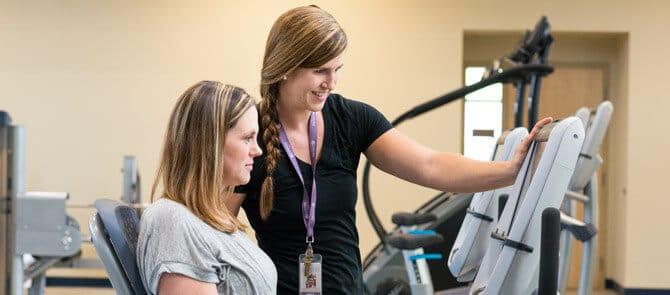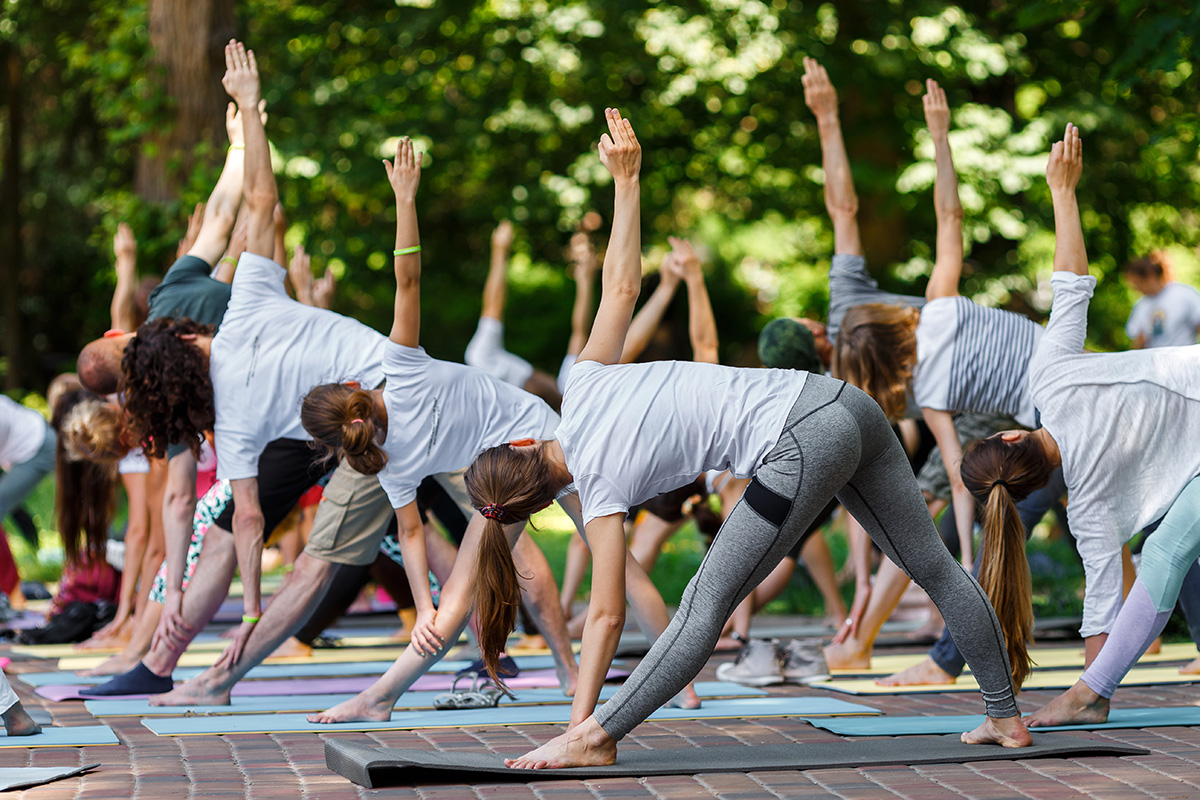

By: Shane Piccolo
February is known throughout the country as “Heart Month”. More important than Valentine’s Day and love interests, February distinguishes itself from the focus on cardiovascular health and wellness. With regards to addiction recovery, the importance of heart health is exponential. A commonality in the field of addiction and recovery is mental illness. Depression, anxiety, and traumatic events cause harm to the cardiovascular system and go hand in hand with root causes of drug abuse. Whether the preferred choice is alcohol, opiates, stimulants or simply cigarettes, the risk of cardiovascular disease and stroke rises. For example, cocaine is commonly referred to as the “heart attack drug” due to the complications including increased adrenaline, stiffening of the heart walls and decreased blood flow. Alcohol will damage the heart due to the problems arising with the liver. Studies have shown that one in five of heart attack and stroke victims between the ages of 18 and 44 were using drugs at the time (American Addiction Centers, 2016). So how do you combat this problem at the root of the cause? Cardiovascular training has shown to impact the lives of people with depression and addiction for the better. A sense of accomplishment for completing an arduous workout takes the power from negative thoughts of inadequacy. The physical effects on lowering heart rate, more efficient respiration and endorphin release from a cardio based workout take the fear of anxiety attacks and create a positive way of seeing the world around you. Additionally, cardiovascular exercise has shown to decrease restlessness, increase mental awareness, improve mood and control conditions associated with heart disease and stroke. So why are addicts not doing this on their own? A misconception about cardiovascular activity is the amount of time needed to reap the rewards. For sedentary individuals, a thirty-minute walk above casual pace three times per week can improve certain heart conditions. Individuals already engaged in an exercise routine can benefit from adding an additional cardiovascular workout once per week. An added tip is going outdoors for the workout will do more good due to surroundings. Fresh air, different scenery and the feeling of “going somewhere” can give power to anyone who feels trapped. In the darkness that depression is, being outdoors can be the light to guide the escape. With the daily struggle of relapse during recovery, exercise is gaining ground on prevention and maintenance of care. Exercise is also gaining ground in the treatment plan of most medical conditions and prescribed by medical professionals. The time is now to join the fight against relapse, take back both body and mind from the disease, and take the steps to increase cardiovascular and mental health.
Source American Addiction Centers. (2016). Complications, Conditions & Treatment of Substance Abuse & Cardioscular Disease. Retrieved from American Addiction Centers: americanaddictioncenters.org/substance-abuse-cardiovascular-disease/





